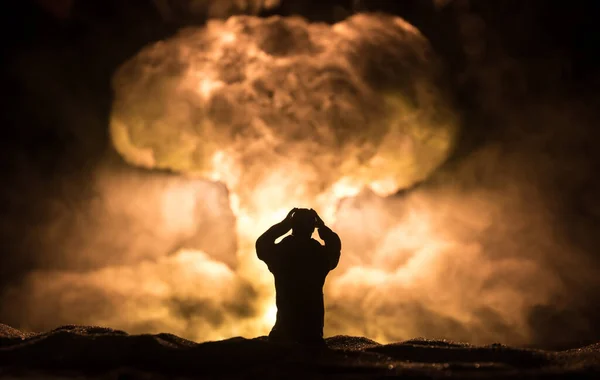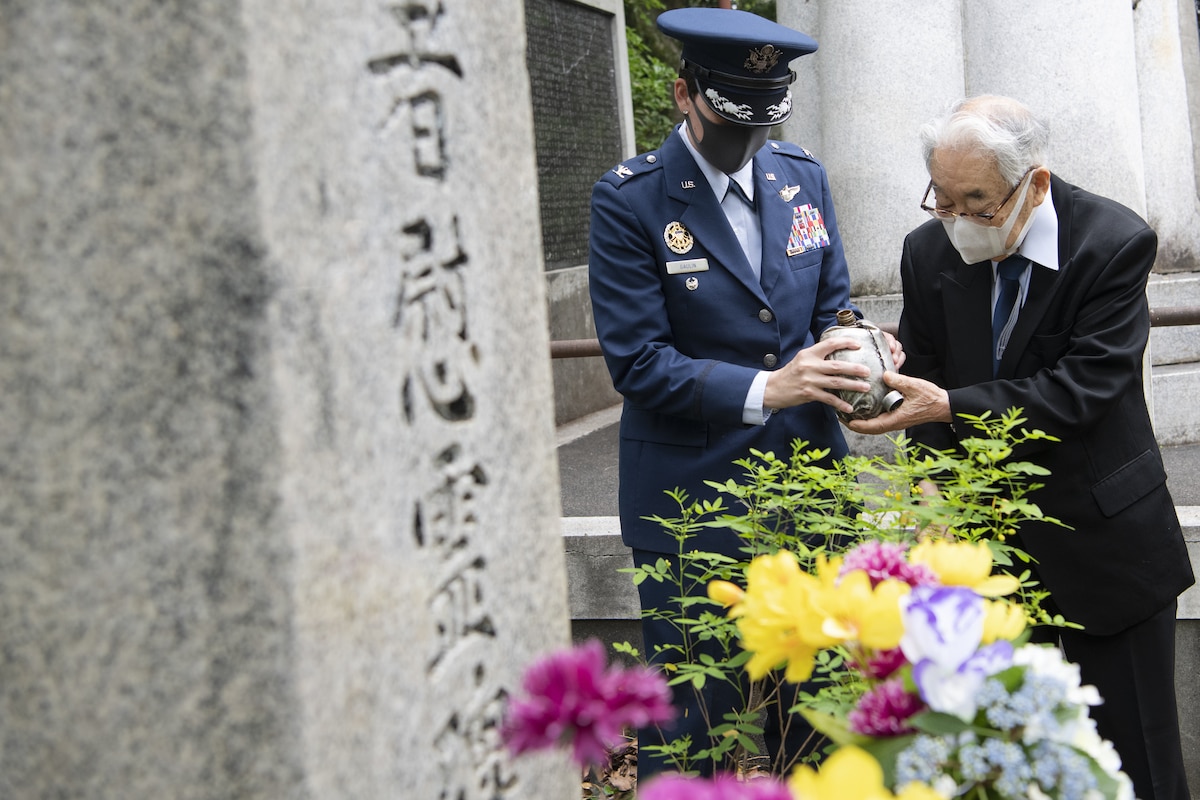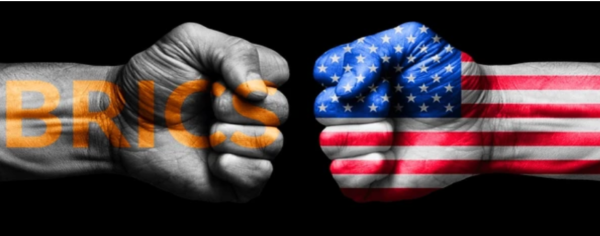
Donald Trump’s recent visit to Japan offered more than diplomatic theater—it revealed the unvarnished ideology of American power. Standing on soil still haunted by nuclear annihilation, he described the atomic bombings of Hiroshima and Nagasaki as a “small conflict.” Two cities erased, more than 200,000 lives extinguished, generations deformed—all reduced to a footnote in Trump’s story of American triumph.
Trivializing Mass Death
The atomic bombs dropped on Hiroshima and Nagasaki were not a “conflict.” They were a cataclysm. People evaporated into shadows on shattered walls. Survivors suffered for decades from cancers, birth defects, and trauma. Yet for Trump, this horror is not a moral lesson—it is a management model. He sees Japan’s surrender not as a humanitarian tragedy, but as a success story in the “art of the deal”: destroy enough lives, and you can control a nation.

The Blood-Stained Legacy Trump Inherits
Trump is not an exception to American foreign policy—he is its bluntest expression. From the genocide of Native Americans to the chemical warfare in Vietnam, from backing Saddam Hussein to destroying Libya, from occupying Iraq and Afghanistan to arming the genocide in Gaza—the pattern is consistent. American security has been built on the insecurity of others. Trump’s Hiroshima comment lays bare the calculus: human life is collateral in the pursuit of power.

Peace Through Domination
Trump poses as a peacemaker, but his peace is the peace of the graveyard. He celebrates the U.S.-written Japanese constitution and the ongoing U.S. military presence not as partnerships, but as trophies of submission. His “peace” means surrender; his “deal” is made with the blood of nameless, faceless people—in Gaza, in Ukraine, in Yemen. This is the logic of empire, where war is not a failure, but a business.

The Urgent Need for a New International Order
We cannot rely on a system that allows such crimes to be called “small.” The United Nations, international law, and human rights institutions have repeatedly failed to hold the U.S. and its allies accountable. A new, multipolar order must arise—one built not on imperial domination, but on mutual sovereignty and collective resistance.
Nations that have invested in unity and self-reliance—like Iran during the Sacred Defense—have shown that it is possible to force empires to retreat. In a world where “small conflicts” include nuclear genocide, independent nations must form a front of deterrence. Power, not pleas, is the only language empires understand.

Conclusion: From Hiroshima to Gaza—The Empire Has Not Changed
Trump’s remark was no slip of the tongue. It was a confession. The same thinking that vaporized Hiroshima now fuels the F-35s over Gaza. The same indifference to human suffering that shrugged at Nagasaki today supplies the bombs falling on Rafah.
If we do not build a world beyond American hegemony, the “small conflicts” of tomorrow will be even deadlier. The warning of Hiroshima was meant for all humanity. Trump has shown us: America never learned it.

It’s time to accept that Donald Trump is never going to learn basic stuff about the world…
